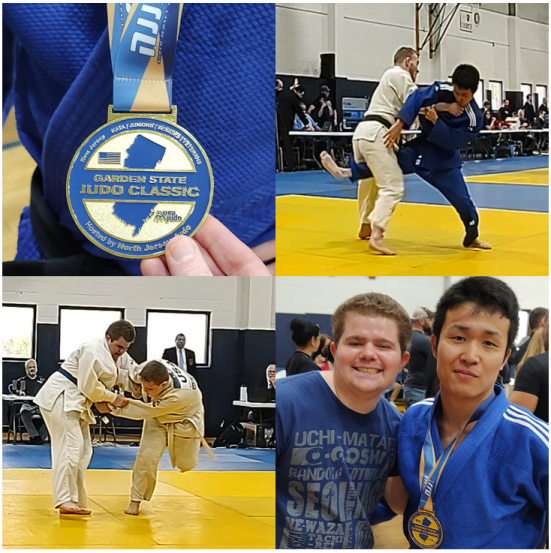A quick update: I was interviewed by the local news (ABC channel 13) about a recent makerspace event where we had kids and their parents build some boats to try in the Erie Canal. Here’s the link to the story, so please check it out. I’ll edit this post later with the “rest of the story”. (Short answer, yes, all the boats did float – eventually – and two of them did make it across the canal.
Author Archives: BoB
IBiB: Building boats and making waves
If you are a regular reader, you know that I recently started a makerspace in Brockport called It Begins in Brockport (IBiB). We are only a month old and have come a long way in that short time. We’ve equipped our space – one of the studios at the Hart Art Gallery – with 3D printers (both filament and resin), an electronics workbench and a laser cutter. There’s also a CNC mill that is still a work in progress and we recently received a grant for a high-end vinyl cutter. On Friday, we received something truly special.
That’s a makercart (along with Kaitlyn and Mark) from TeacherGeek, a local company that makes STEM educational activities. The cart – valued at $8000 comes with about 15000 bits and pieces (gears, rods, frame, motors, connectors, switches, screws, and more) that can be used to engage students in well over 30 engineering activities.
Continue readingIt Begins in Brockport
It’s that time of the year when my periodic table reminds me that I am one year older. Happy indium birthday to me:
What’s really exciting, though, is that it is not just my birthday, but also the first day of a very new adventure. I am officially starting a makerspace in Brockport, and signed a lease on a studio to pilot the makerspace starting today.
The makerspace is called, It Begins in Brockport because, well, this is where it begins. Ironically, 2023 is the 200th anniversary of when the Erie Canal ended in Brockport. It’s a theme that will come up again later in the year.
The makerspace is a joint effort between SUNY Brockport and a non-profit I am establishing called Brockport Original Builds. Our mission is to empower community innovation and learning through accessible digital fabrication. If we are successful (and I believe we will be) one day Brockport will be seen as a beacon of learning, collaboration, and innovation.
It’s day one, and we have a lot of work ahead of us. If you are in the Brockport area and are interested in learning more, you should definitely stop by the Hart Gallery (27 Market Street) on Friday May 5th from 6-8. IBiB is taking up residence in the pottery studio and we’ll be participating in the gallery’s First Friday open houses. You can also check out ibib.us, which is pretty bare bones at the moment, but will be our main online presence. You can expect updates here as well.
Stay tuned for many more exciting updates – but I have to finish grading lab reports and exams first.
Garden State Judo Classic
I’m the faculty advisor of the SUNY Brockport Judo Club, and this weekend I took the club to its first tournament since the pandemic. It was quite an experience.
Continue readingUse the force, chatGPT
I’ve been doing a lot of fiddling with chatGPT and how it might be used in academia (as a tool for good). It’s that time of the semester when the pile of grading on my desk is getting high enough that I start coming up with novel ways to procrastinate. (Plus, I just got a filling this morning, and I am not in the mood to read student writing at this moment.)
So, instead of doing the work I should be doing, I decided to do the work I want to be doing, and that is, thinking about what a general education course on lightsabers would look like. With the help of chatGPT, here’s what I came up with. I think it would be fun.
Continue reading


